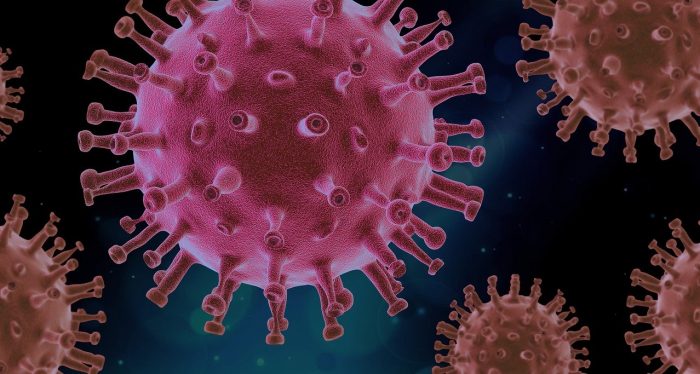What is TRAIN? Individuals with intellectual disabilities or autism are at an increased risk of experiencing trauma; however, few therapists are skilled in both trauma and ID/A support. To bridge this gap, psychologists with the ASERT team created the TRAIN program that focuses on:
- Trauma-focused mental healthcare;
- Types and prevalence of trauma;
- Disclosures of abuse;
- Ethical principles of reporting abuse;
- Expressions of trauma;
- Assessing trauma and trauma-focused interviews;
- Psychoeducation;
- Trauma response management strategies;
- Trauma processing; and
- Resiliency and self-care.
Course structure: 12 weeks in total, comprised of 3 modules that are each 4 weeks long.
The first three weeks are self-paced learning courses that are assigned through the online Learning Management System. The fourth week of each module is an hour and a half interactive discussion with the other group members and instructors. These live sessions are required and are held from 9:00 am – 10:30 am on the following dates:
- 4/11: Pre-training live session;
- 5/9: Module 1 live session;
- 6/13: Module 2 live session; and
- 7/11: Module 3 live session.
Target audience: Therapists, counselors, clinical social workers; individuals who have experience working with individuals who are neurodivergent (intellectual disabilities/autism); individuals who currently are licensed and provide 1:1 therapy sessions to clients.
Case consultations: After the initial 12 weeks, there is a short break followed by a second 12-week session that consists of weekly one-hour case consultations. Each participant is expected to present a case from a current patient and receive feedback/information from other participants and the instructors. Participants need to join at least 6 of the 12 weekly case consultation calls, although it’s encouraged to attend all. If you are not currently seeing patients or are not in a capacity to present any cases, this may not be the right program for you.
Cost and Continuing Education (CE) Credits: It is free to participate, and if you complete the entire program, you will receive 13.5 CE credits through the NBCC.
If you believe this program is appropriate for you and can commit to the requirements, please send an email to Aid in PA. Availability is based on a first come, first serve basis, so don’t delay! Limited spots remain for the next cohort. Also, if you are unable participate this spring due to other commitments but would still be interested in doing it for Fall 2023, please email.


















